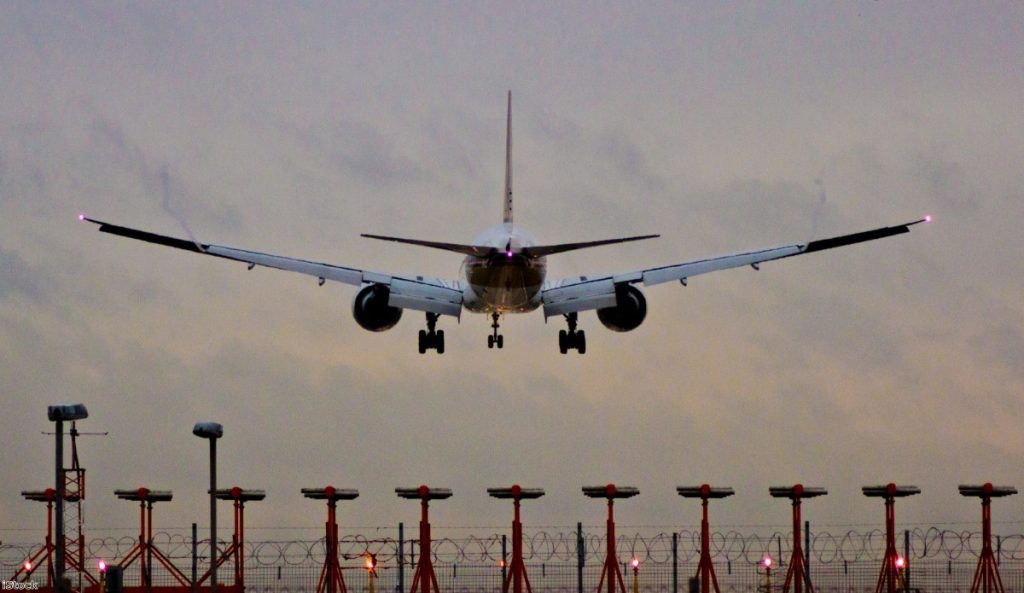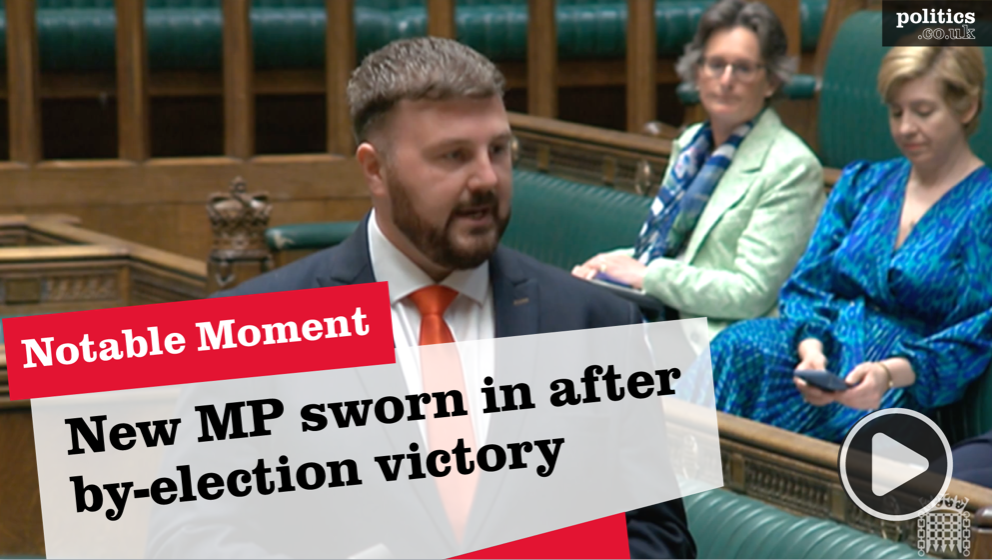By Caroline Pidgeon
For a former Conservative Party leader to state to the nation their clear and unequivocal opposition to a third Heathrow runway and then within a few years see the totally opposite position adopted by his party is quite frankly breath-taking. Yet that is exactly what happened yesterday.
With David Cameron now gone, it is vital that Theresa May now explains why she has flip-flopped on what she so clearly promised her electors. The case against a third Heathrow runway has not changed since David Cameron famously uttered those words or Theresa May put out leaflets to her constituents declaring her opposition.
It is reported that Heathrow has already spent £30 million of money lobbying for a third runway, but the size of their lobbying budget is inversely related to the strength of their arguments. The reality is that if you look at airports in London and the South East there is a surprising amount of spare capacity, especially at Luton and Stansted. Improving rail links to Stansted in particular, could make this airport far more attractive and ensure its spare capacity is put to good use.


If we get on and build High Speed 2 London will in effect have a further runway as Birmingham airport will be as easy to get to for many Londoners as Gatwick and Heathrow. The real case for a third Heathrow runway is basically that it serves Heathrow.
Heathrow Airports Holdings quite understandably wants to create a dominant position in the UK, ideally at the expense of other airports. More landing rights means more profits for them. The closer to a monopoly on international flights they have, the happier they are.
I am highly suspicious of any company which claims to be championing the interest of the UK people but then runs away from paying corporation tax. As the Sunday Times exposed earlier this year Heathrow handed its largely overseas owners £2.1 billion in dividends over the past four years – but has paid only £24m in corporation tax in almost a decade.

This island can remain connected, especially to new growing markets around the world, without a new airport in London or the South East. The huge number of tourists to London can also be maintained without a further runway.
Simple measures, such as ensuring that we increase the number of train links to European capitals and major cities, is possible and will help reduce demand for some short haul flights. We can also reduce the demand for internal flights through faster and better rail travel.
Most importantly, we need to give people a real choice of where they travel from. The whole debate about a hub airport is determined largely by those with vested interests. It really would make sense if there were more long distance international point to point flights from Birmingham, Manchester, Edinburgh and Glasgow airports. One third of the UK population lives in London and the South East, yet at present two thirds of flights are from London and the South East. Do the SNP and others backing a third Heathrow runway really believe that the only way to have stronger international links is solely through one airport west of London?
Yesterday's announcement on Heathrow is literally just that – an announcement. It has not changed any of the long standing arguments against a third runway.
Caroline Pidgeon is the Liberal Democrat London Assembly member
The opinions in politics.co.uk's Comment and Analysis section are those of the author and are no reflection of the views of the website or its owners.











